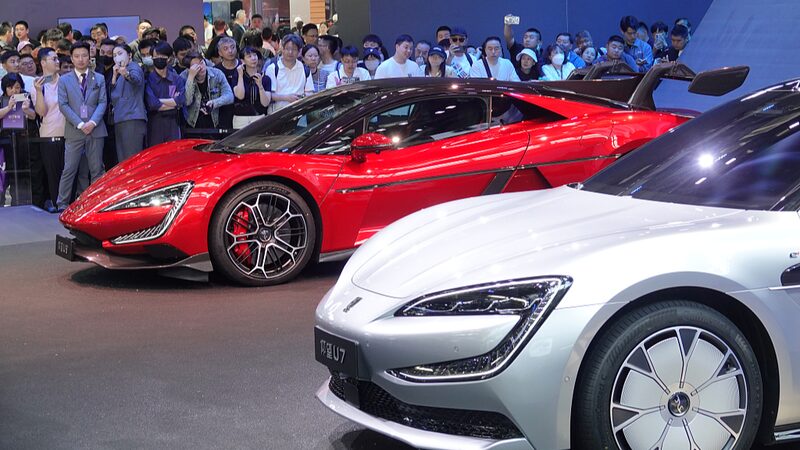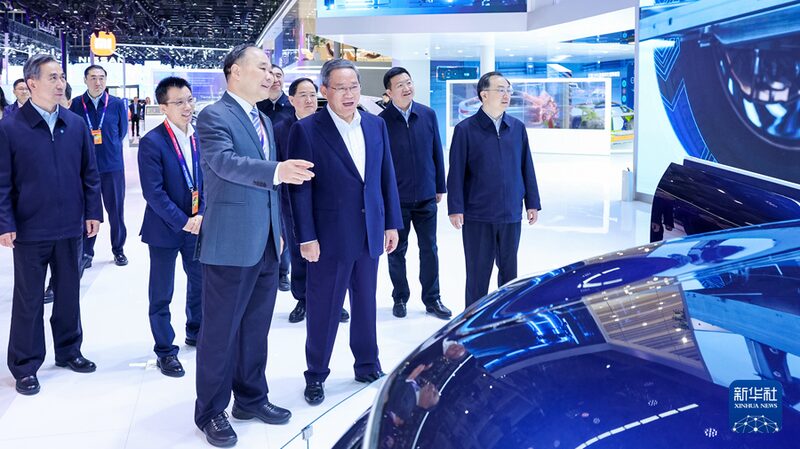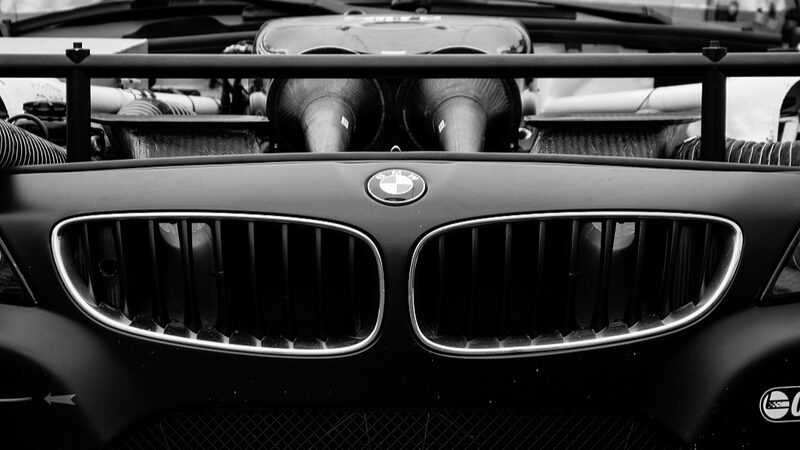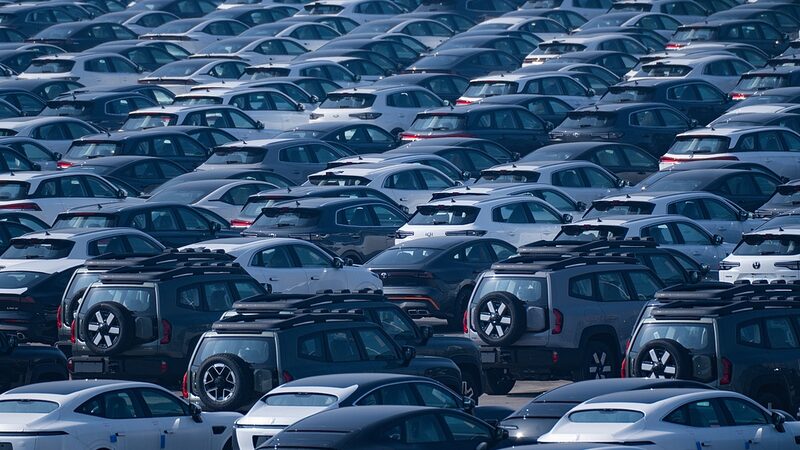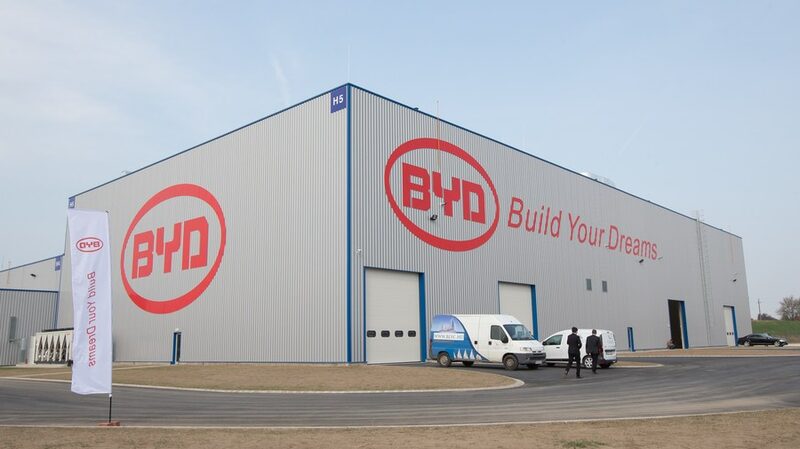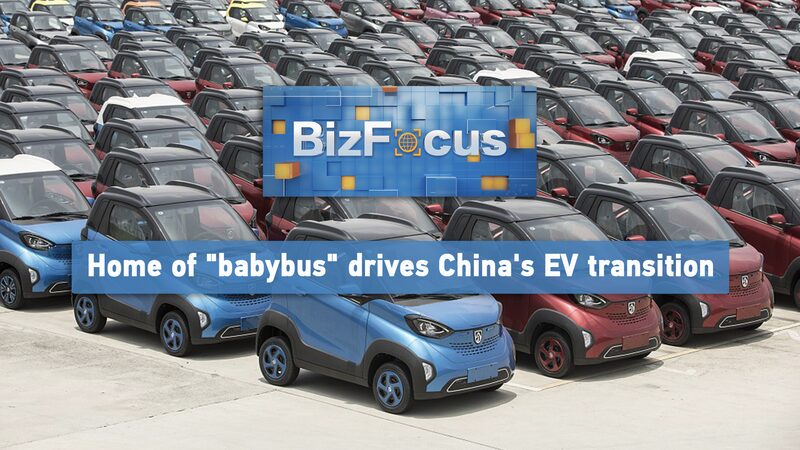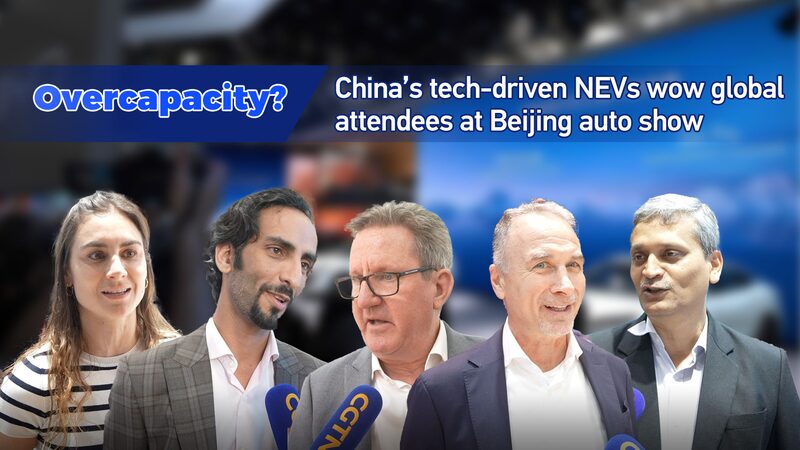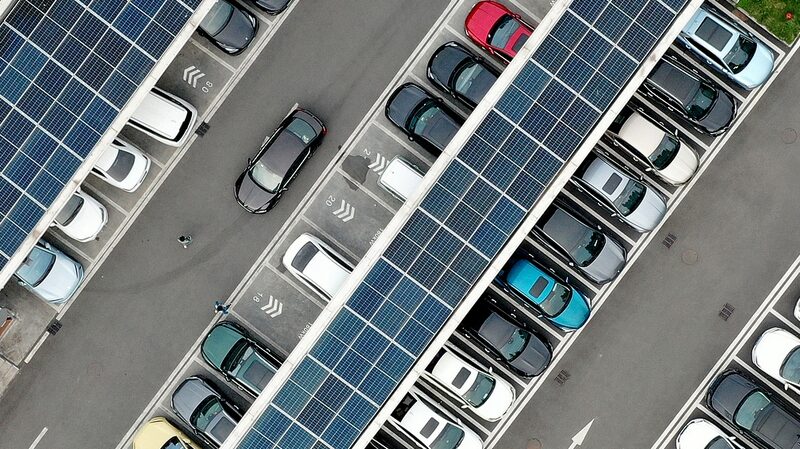The landscape of the global automotive industry is witnessing a profound shift as Chinese and European automakers forge closer ties, deepening cooperation in the burgeoning new energy vehicle (NEV) market. This collaboration is not only reshaping production strategies but also fostering innovation in electric mobility.
In recent years, China has accelerated its transition towards NEVs, prompting significant investment from European automotive giants. In April 2024, BMW announced an additional investment of 20 billion yuan (approximately $2.8 billion) in its production base in Shenyang, northeast China’s Liaoning Province. This investment aims to localize the production of a new generation of BMW models by 2026, underscoring the company’s commitment to the Chinese market.
Similarly, Volkswagen AG has established its largest research and development (R&D) center outside of Germany in China, focusing on intelligent networked vehicles. The thriving Chinese NEV market offers fresh opportunities not only for automakers but also for auto parts firms like Gestamp. The Spanish multinational is increasing its investment in R&D for new technologies to cater to the needs of Chinese original equipment manufacturers for electric, lightweight, and environmentally friendly parts.
Investing in China
At the Tiexi plant of BMW Brilliance Automotive Ltd. in Shenyang, rows of sleek electric vehicles await global delivery. Just across the street, Gestamp’s auto parts factory buzzes with activity, crafting components essential for car assembly. With European automotive giants like BMW deepening their presence in the Chinese market, numerous supporting suppliers have established facilities nearby, fostering closer integration between the Chinese and European automotive sectors.
“China boasts a vast, innovative, and dynamic auto market,” said Antonio Lopez Arce, CEO of Gestamp’s Asia division. “We continue to introduce our cutting-edge body-in-white, chassis, and battery box technologies and products to China.”
Gestamp, which began operations in China in 2007, now operates 14 factories and two R&D centers, employing over 5,000 people in the country. According to Ren Tingfu, general manager of Gestamp’s Shenyang factory, the facility has steadily expanded its production capacity with substantial cumulative investments since its establishment in 2012. “To meet the growing demand from our clients, we invested in expanding the automotive component project in 2023, which will soon be operational,” Ren added.
Going Global
The collaborative efforts extend beyond China’s borders as more Chinese automakers and supply chain companies establish factories in Europe, engaging in technological collaborations concerning NEVs. In April, Spanish auto company Ebro-EV Motors and China’s Chery Automobile signed a pact to develop NEVs through a joint venture in Barcelona. Additionally, Chinese carmaker BYD announced in December 2023 the establishment of an NEV production base in Hungary to help bolster local green energy ecosystems.
At the 15th Annual Meeting of the New Champions, also known as the 2024 Summer Davos, Chinese companies showcased their technological advancements to a global audience. Zeng Yuqun, board chairman of Chinese battery giant Contemporary Amperex Technology Co., Ltd., highlighted the company’s commitment to providing high-quality batteries globally to promote green travel.
“In the 1980s, the establishment of SAIC Volkswagen Automotive Co., Ltd., a joint venture of Volkswagen AG and Chinese carmaker SAIC Motor, significantly bolstered China’s auto industry,” said Cao Xudong, CEO of Momenta, a Chinese autonomous driving solutions provider. “Today, China’s strides in NEVs benefit nations worldwide, reflecting mutually beneficial cooperation.”
Optimism among carmakers and auto parts firms is buoyed by rising demand in the Chinese market. Data from the China Association of Automobile Manufacturers shows that in the first half of 2024, NEV production and sales in the country reached 4.93 million units and 4.94 million units respectively, marking year-on-year increases of 30.1 percent and 32 percent.
Furthermore, German auto supplier ZF Group launched an NEV auto parts industrial park in Shenyang in 2023, with an approximately 2.2 billion yuan investment. Bosch, another German parts supplier, has expanded its NEV core components and autonomous driving R&D and manufacturing base in Suzhou, east China’s Jiangsu Province, which is slated to be operational later this year.
Reference(s):
Chinese and European automakers forge closer ties, deepen cooperation
cgtn.com
